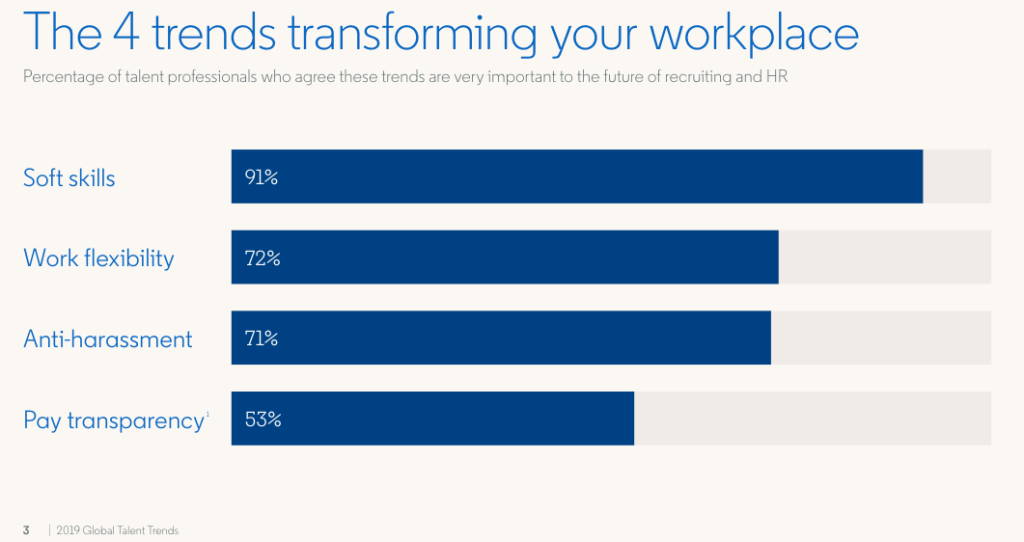You probably saw this last week but it came out that Tesla employees fear for their jobs more than any other technology company, of over 8000 tech workers surveyed:
A survey by workplace chat app Blind shows that out of all the major tech companies, Tesla’s employees most fear being laid off.
Blind surveyed 8,230 tech workers over a week at the beginning of this month. Overall, 35.9% of users surveyed said they were worried about layoffs at their current company, while 64.1% have job security.
Tesla had the highest percentage of fearful employees, with 77.2% saying they are concerned about job cuts. It was followed closely by eBay and Snapchat, with 71.9% and 71.3% respectively.
I’m not sure if you know this or not, but Tesla isn’t a ‘tech’ company. Tesla is a manufacturing company. They make cars and other stuff that has to be built in factories.
For the millions of other employees who work for manufacturing companies, the fear of being laid-off is super real!
Why?
- Sometimes we design and market stuff that doesn’t sell.
- Sometimes the Chinese steal our designs and tech and make our stuff cheaper and sell it back to us.
- Sometimes economic conditions make it so people don’t have enough money to buy our stuff.
Layoffs happen.
The big joke here is that the company who did the survey actually thinks Tesla and Google are the same type of company. They aren’t. They are both super hot ‘brands’, but they are both not technology companies.
Sure the Tesla is loaded with technology, but so it every other vehicle on the planet right now, and it’s increasing in every model from every manufacturer.
Also, fear of layoff is real in every company, in every market, in every industry. Sure many technology companies are hot right now and need workers desperately and it looks like that will be the case for a long time, but that’s isn’t a guarantee. Blackberry was on top of the world for a hot minute, then they weren’t. (Oh, I loved my first Blackberry!)
Turns out, if you make crap no one wants to buy, or can’t afford to buy, jobs will be lost! I think people who buy Tesla’s love Teslas! I hear nothing but great things. Also, for many, a
After the Great Recession we have an entire Generation coming into the workforce that will place job security much higher than the generations before them. None of us wants our employees to be fearful for their jobs, when it’s not performance related. It’s an awful feeling and a culture killer.
It’s also part of business. Capitalism isn’t perfect, but I prefer it to the alternatives.

